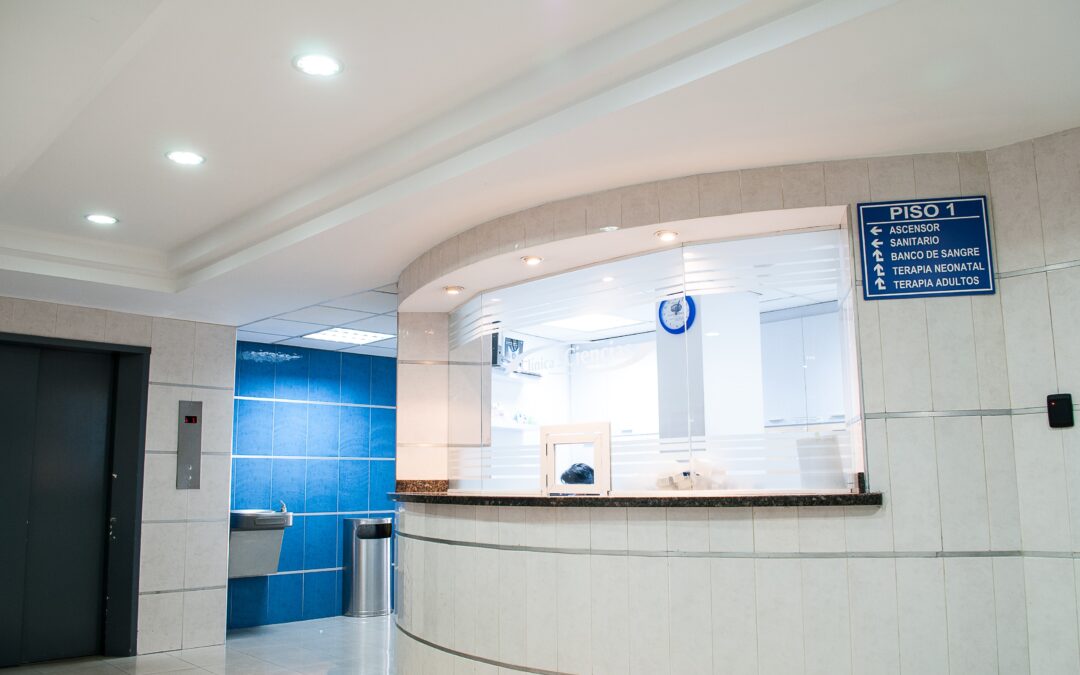Embarking on the path to recovery from addiction is a courageous and transformative journey, marked by its own set of challenges and triumphs. Here we will dive into the intricacies of inpatient rehabilitation, exploring the factors that influence the length of stay at addiction facilities and the profound significance it holds in the recovery journey.
Understanding Inpatient Rehabilitation
Inpatient rehabilitation for drug addiction is a comprehensive and immersive treatment approach designed to provide individuals struggling with substance use disorders with a structured and supportive environment for recovery. Unlike outpatient programs, inpatient rehab involves a residential stay within a specialized facility, allowing individuals to focus entirely on their recovery journey.
The core components of inpatient rehab include supervised detoxification, intensive counseling, therapy sessions, group activities, and skill-building exercises. The primary goal is to address the physical, psychological, and emotional aspects of addiction, providing individuals with the tools and coping mechanisms needed to break free from the cycle of substance abuse.
Factors Influencing Inpatient Rehab Length
Severity of Addiction
The severity of addiction is a pivotal factor in determining the duration of inpatient rehabilitation. Individuals grappling with long-term, severe substance abuse may find that a more extended stay is necessary to address deeply rooted issues and establish a strong foundation for recovery. The intricate nature of addiction requires a comprehensive approach, and a prolonged inpatient stay allows for a more thorough exploration of these complexities.
Individual Progress
Progress in addiction recovery is highly individualized, with each person responding differently to treatment modalities. The length of inpatient rehabilitation is often adjusted based on an individual’s response to therapy, their ability to navigate challenges and the achievement of key milestones in their recovery journey. This personalized approach ensures that individuals receive the necessary support and time to build the skills and resilience needed for sustained recovery.
Co-occurring Disorders
The coexistence of mental health disorders alongside addiction can significantly impact the recovery process. In cases where addiction is intertwined with other mental health issues, a more extended inpatient stay might be deemed essential to address both aspects comprehensively. This dual-diagnosis approach aims to provide individuals with the tools and strategies needed to manage their mental health conditions while addressing their substance use disorder.
Customized Treatment Plans
Acknowledging the diverse nature of addiction, inpatient facilities design personalized treatment plans tailored to the specific needs and circumstances of each patient. These plans encompass a range of therapeutic interventions, counseling sessions, and skill-building activities. The complexity and individualization of these plans contribute to variations in the length of inpatient stays, ensuring that all aspects of an individual’s well-being are adequately addressed.
Significance of Inpatient Rehab Length
Stability and Sobriety
A more extended duration of inpatient rehabilitation often correlates with greater stability and an increased likelihood of achieving sustained sobriety. The initial stages of recovery involve a thorough detoxification process, wherein individuals navigate withdrawal symptoms with the support of medical professionals. A more extended stay allows for a gradual and comprehensive detox, laying the groundwork for a substance-free life.
Behavioral Changes
Breaking free from the cycle of addiction necessitates not only physical detoxification but also significant behavioral changes. Inpatient rehab length affords individuals the time to work on ingrained habits, learn effective coping mechanisms, and develop healthier lifestyles conducive to long-term recovery. This immersive environment encourages self-reflection and empowers individuals to cultivate positive behavioral patterns that extend beyond the confines of the treatment facility.
Establishing Support Networks
Extended stays in inpatient facilities provide individuals with the opportunity to establish robust support networks. Building connections with peers who share similar experiences and participating in group therapy sessions contribute to a sense of community and understanding. These connections become invaluable during the challenging phases of recovery, offering encouragement, empathy, and shared insights that foster a supportive environment.
Contact Grand Falls Center for Recovery Today
Grand Falls Center for Recovery is dedicated to providing personalized and effective addiction treatment. If you or a loved one are on the path to recovery and seeking professional assistance, consider reaching out to Grand Falls Center for Recovery. Our compassionate and expert team is ready to guide you through the process, offering support and expertise to help you achieve lasting recovery. Embark on the journey to a healthier, substance-free life with our assistance.

